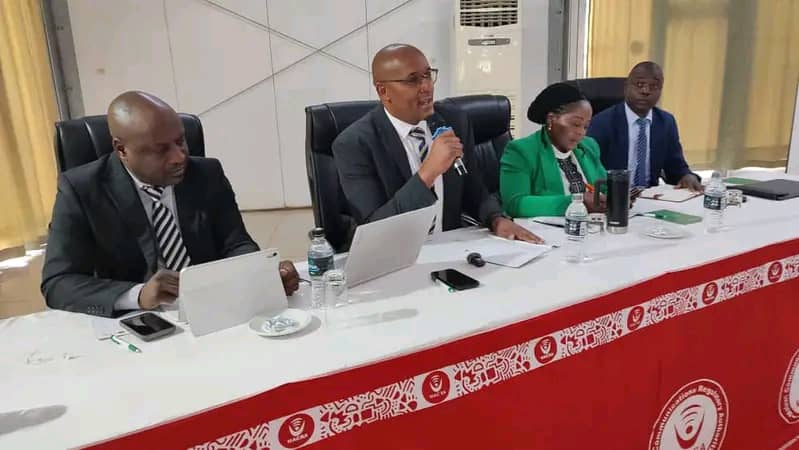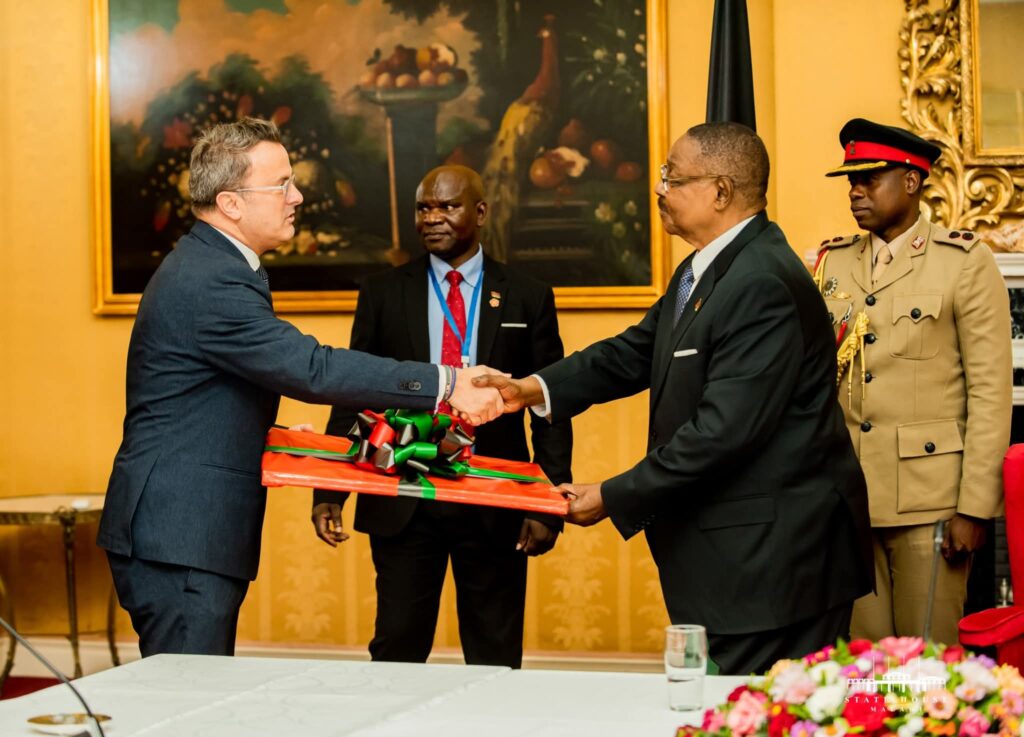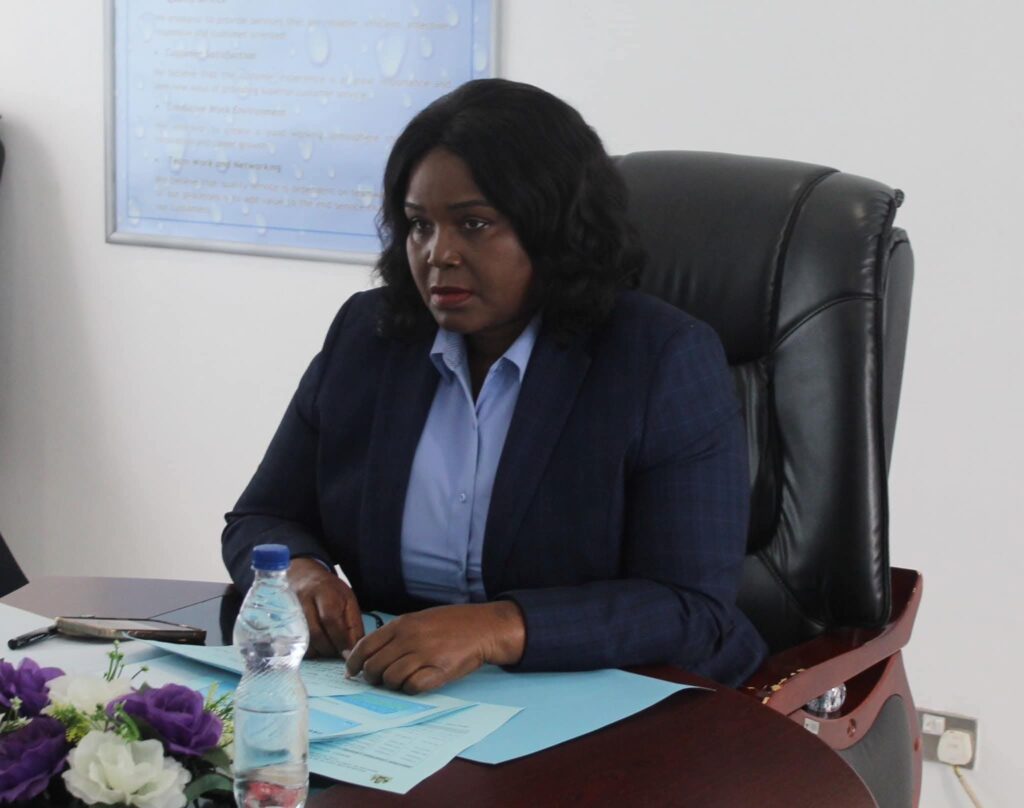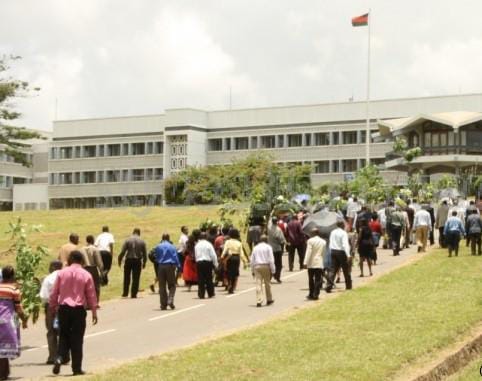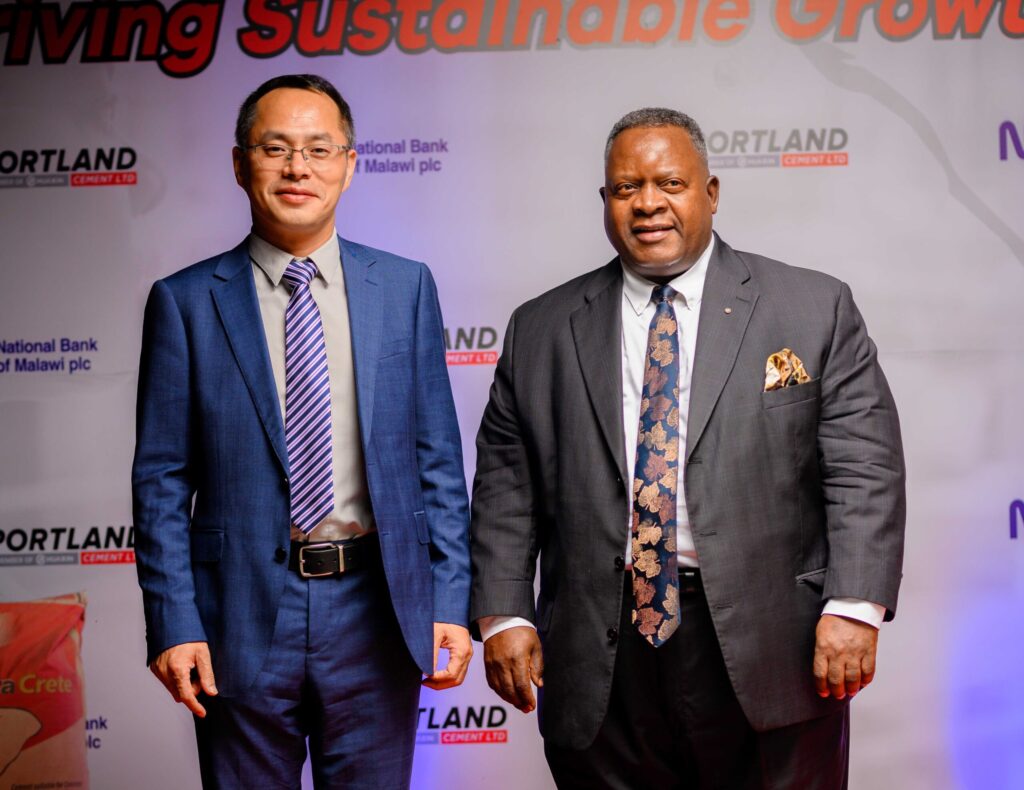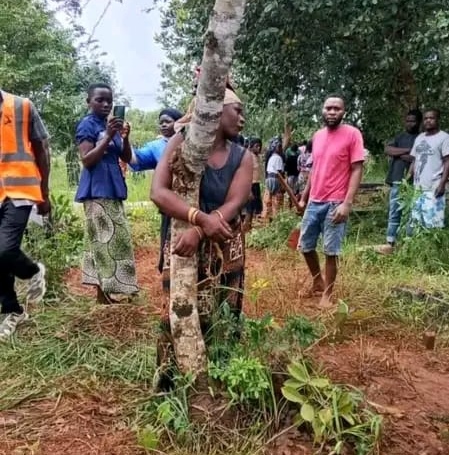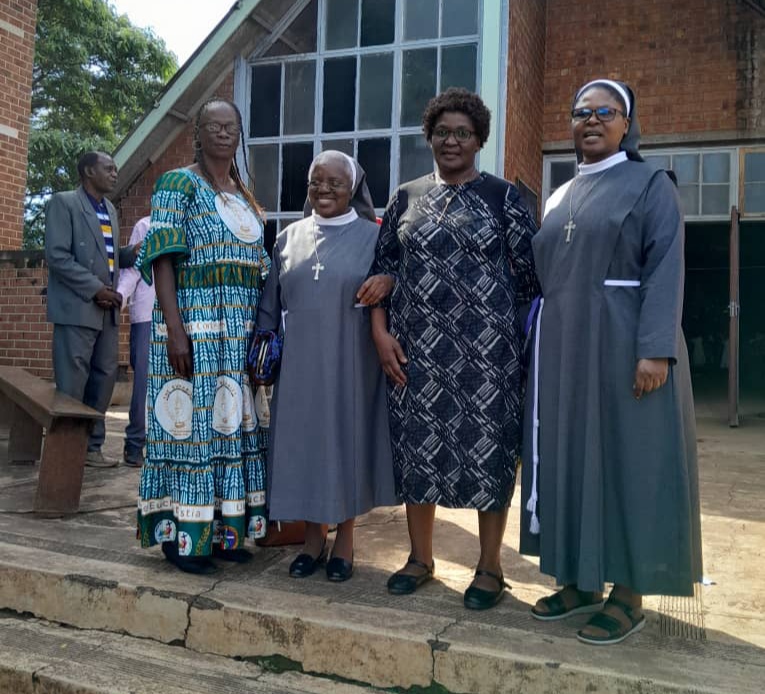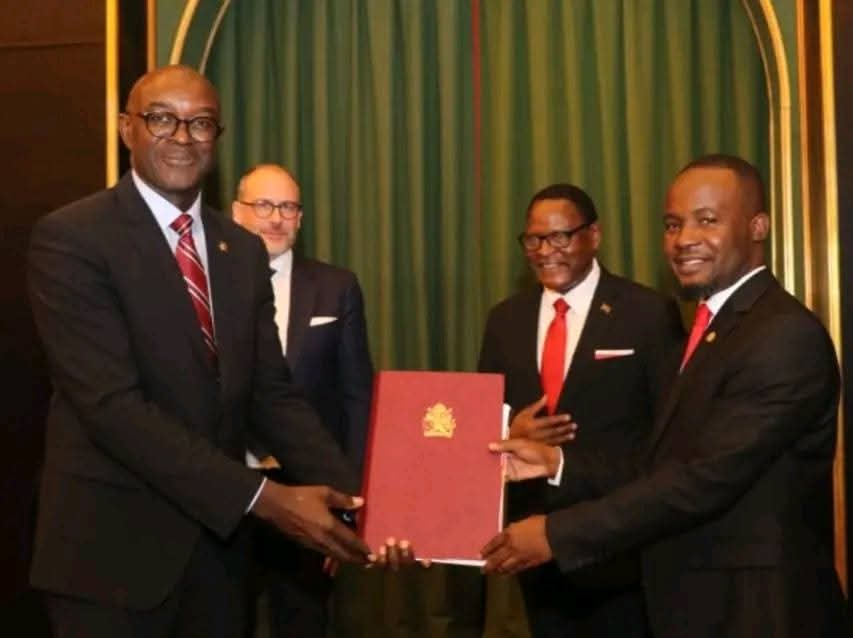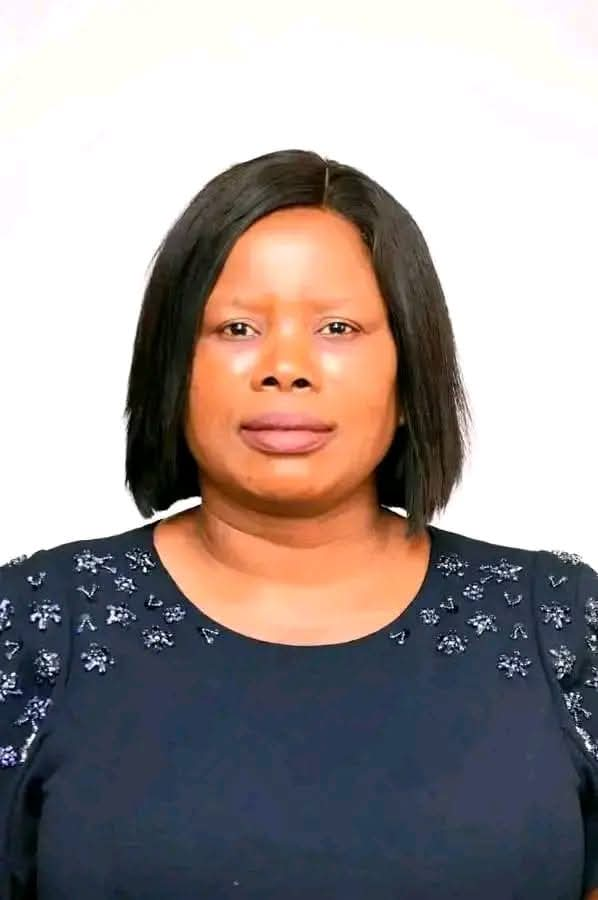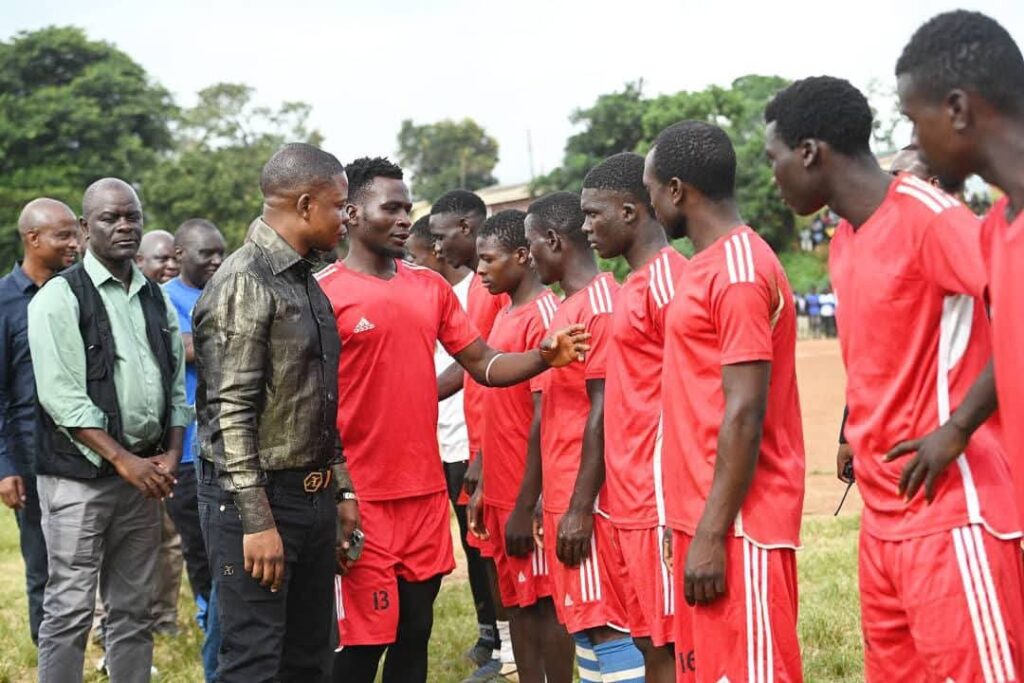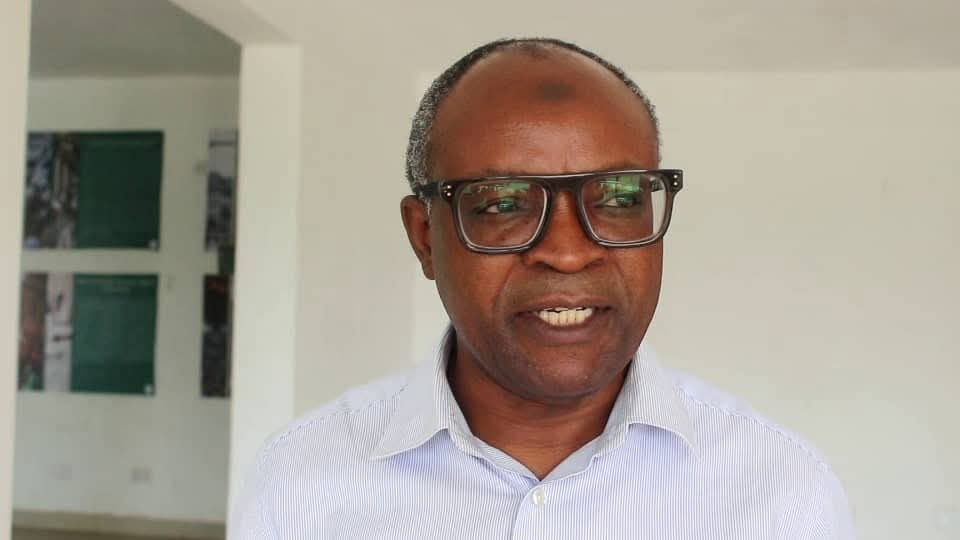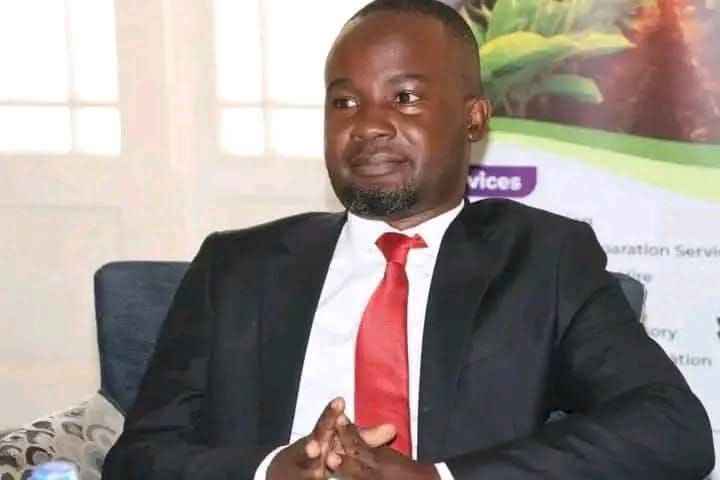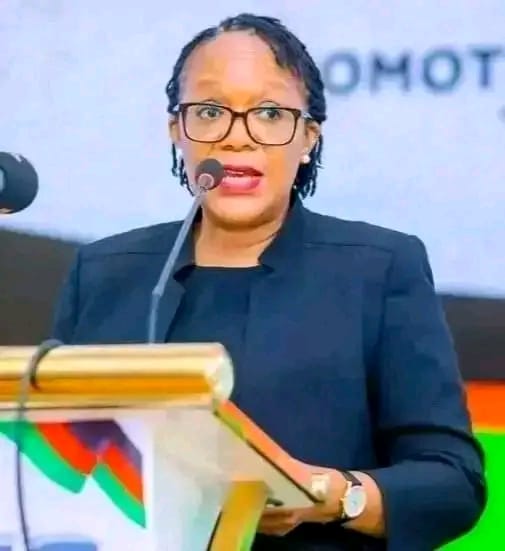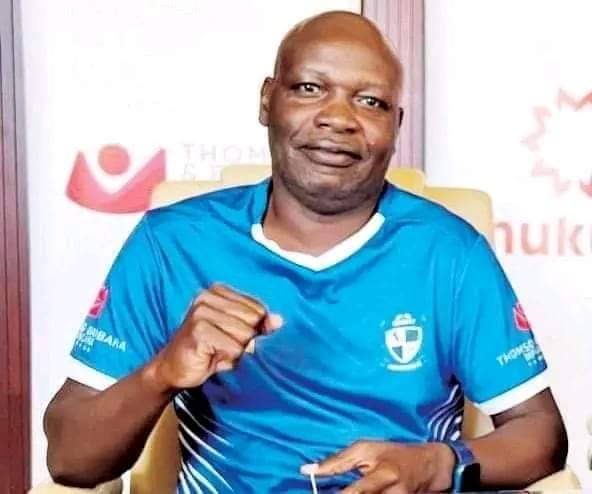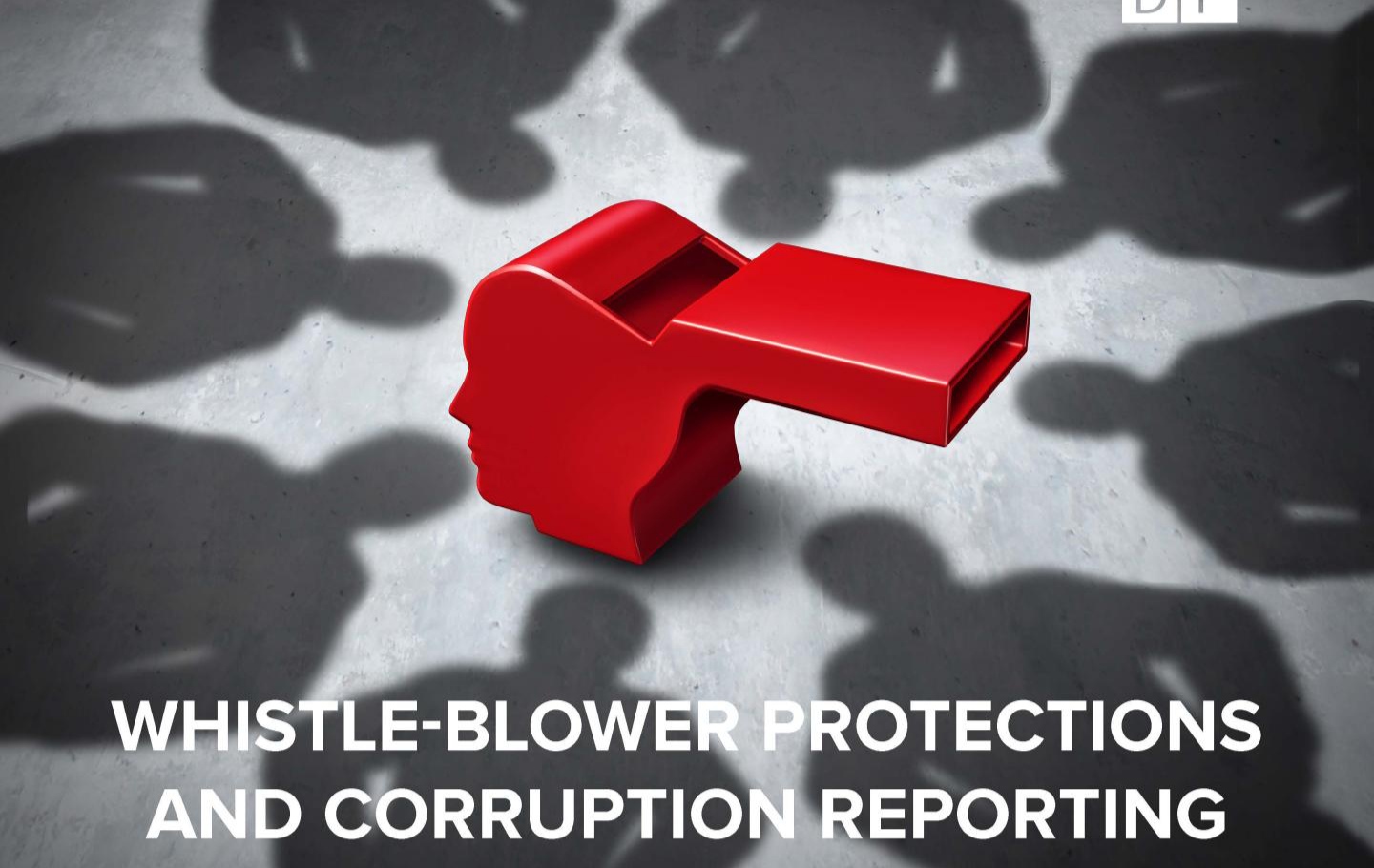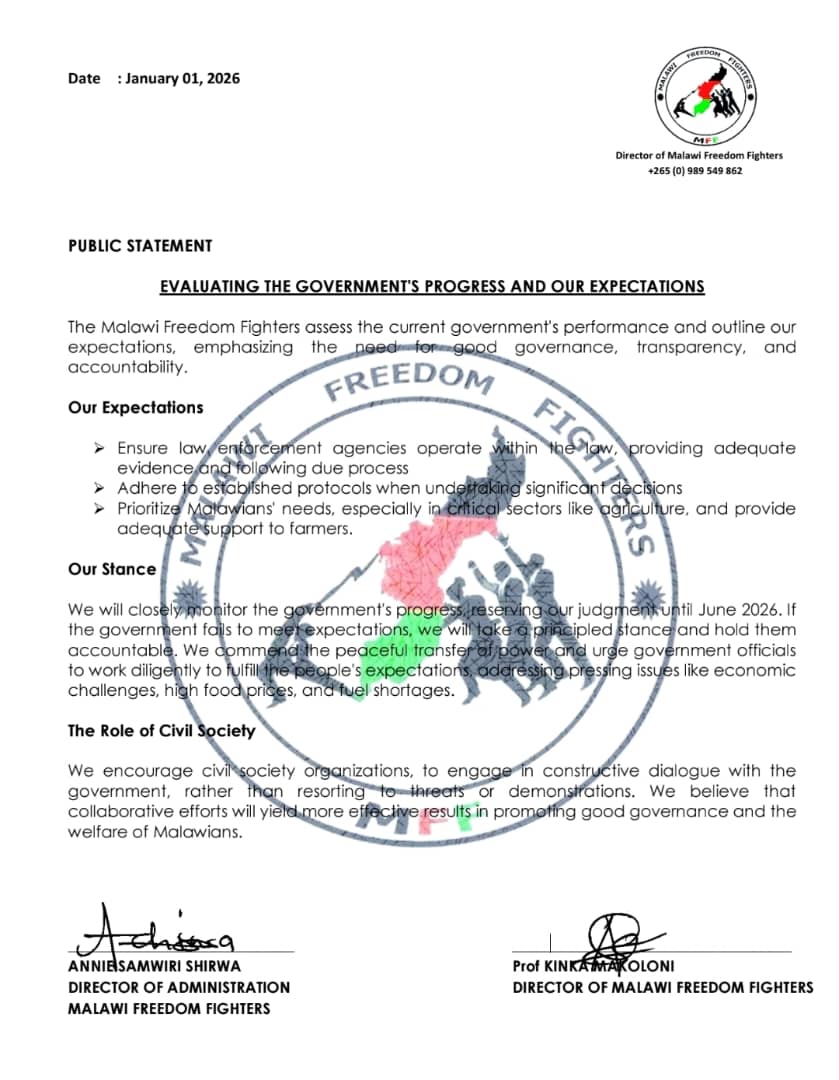By Burnett Munthali
Introduction
Rick Dzida is a prominent Malawian social commentator and analyst known for his critical perspectives on governance, public policy, and socio-economic issues. With years of experience in observing and dissecting government decisions, Dzida is widely respected for his balanced and insightful analyses. His commentary often highlights the importance of transparency, accountability, and democratic principles in fostering sustainable development and protecting citizens’ rights. Dzida is a trusted voice in Malawi’s civic space, contributing to informed public discourse on matters of national significance.
Welcome Remarks
Thank you for joining us for this exclusive interview, Rick Dzida. It is a privilege to have you share your thoughts on MACRA’s controversial decision to procure a $1.5 million social media monitoring machine. As concerns over this decision escalate among citizens and civil society groups, your expert insights will help shed light on the potential implications for Malawi’s democratic rights, resource management, and socio-economic priorities. Let’s delve into the questions.
Thank you for having me. It’s always an honor to contribute to such critical discussions, especially on a matter as significant as this one. The decision by MACRA to procure a social media monitoring machine raises important questions about priorities, governance, and the protection of democratic values. I hope that through this dialogue, we can provide clarity on the concerns raised by citizens and civil society while proposing practical solutions that balance national interests with the pressing needs of the Malawian people. Let’s dive right in.
Questions
1) Priority of government spending
Question: The Concerned Citizens of Malawi have expressed concern that the government is prioritizing the procurement of a $1.5 million social media monitoring machine at a time when the country is facing severe shortages of essential goods like food, fuel, and medicines. Do you agree with this assessment? How should the government balance its spending on surveillance versus addressing urgent socio-economic challenges?
Rick Dzida (RD):
The Concerned Citizens’ concerns are absolutely valid. The decision to allocate $1.5 million to social media monitoring raises questions about the government’s spending priorities, especially when citizens are struggling to access basic essentials like food, fuel, and medicines.
In my opinion, the government should focus on stabilizing the economy and addressing these urgent needs. Economic stability directly impacts the quality of life for Malawians.
If such technology is deemed necessary, the government must provide clear justifications for its procurement and ensure the process is transparent and accountable. Additionally, alternative, cost-effective solutions—such as partnerships with universities or using open-source tools—should be explored to achieve the same objectives without diverting critical resources.
Ultimately, socio-economic challenges must take precedence, and surveillance spending should never compromise essential public services or development programs.
2) Impact on democratic freedoms
Question: The Concerned Citizens argue that this move by the government infringes on fundamental freedoms of speech and access to information. What is your stance on this? How might this initiative affect freedom of expression and public discourse in Malawi, especially within a democratic framework?
RD: This initiative indeed poses a serious threat to freedom of expression, which is a cornerstone of democracy. Malawi’s Constitution protects freedom of expression, but implementing such surveillance could lead to self-censorship among citizens who fear being monitored.
This chilling effect could stifle public discourse, discouraging people from engaging in debates or expressing dissenting opinions. In extreme cases, such surveillance could be weaponized to target critics, fostering a culture of fear and diminishing trust in democratic institutions.
To ensure a balance between national security and democratic freedoms, the government must establish clear oversight mechanisms and ensure the technology is used transparently and proportionately. Without these safeguards, the country risks eroding its democratic foundations.
3) Mismanagement of resources
Question: The statement critiques the decision to allocate such a significant amount of money to surveillance technology, given the country’s current economic and healthcare crises. Do you believe this represents mismanagement of funds, or is there a legitimate need for such technology to combat misinformation?
RD: This decision certainly reflects mismanagement of resources. While combating misinformation is important, allocating $1.5 million to surveillance during a healthcare and economic crisis shows a lack of prioritization. That money could make a substantial difference in addressing immediate needs, such as healthcare or education.
That said, social media monitoring can help combat misinformation and hate speech. However, the government must adopt a balanced approach. Such technology should only be pursued if the country’s pressing socio-economic challenges have been adequately addressed.
4) Public trust and accountability
Question: With the government’s focus on social media monitoring, there is concern it may be undermining public trust by prioritizing control over citizen welfare. How do you think the public perceives such decisions in terms of accountability and transparency? Could this affect the relationship between the government and its citizens, especially as elections approach?
RD: The public perception of this decision is overwhelmingly negative. Many see it as the government prioritizing control and surveillance over addressing citizens’ welfare. This erodes trust and reinforces suspicions of hidden agendas.
A lack of transparency in the decision-making process only deepens this mistrust. Citizens feel excluded and fear their freedoms are under threat, leading to resentment toward the government.
In the lead-up to elections, such moves could alienate voters, increase support for opposition parties, and even spark protests. Citizens are likely to hold the government accountable at the polls for actions perceived as undermining their rights and welfare.
5) Alternative solutions
Question: While the issue of misinformation is important, the Concerned Citizens suggest funds should be redirected to sectors like healthcare and food security. What alternative measures would you recommend for combating misinformation without compromising democratic rights or diverting resources from essential services?
RD: There are numerous cost-effective and democratic alternatives to expensive surveillance machines. For instance:
1) Media Literacy Programs: Educate citizens on how to critically evaluate online information.
2) Fact-Checking Partnerships: Collaborate with independent organizations to verify the accuracy of content.
3) Public Awareness Campaigns: Promote the importance of fact-checking before sharing information.
4) Community Initiatives: Support grassroots programs that empower citizens to identify and combat misinformation.
5) Collaboration with Social Media Platforms: Encourage platforms to flag false information and prioritize verified content.
These alternatives not only address misinformation effectively but also uphold democratic principles and allow resources to be directed toward critical sectors like healthcare and education.
Thank you, Rick Dzida, for sharing your invaluable perspectives on this pressing issue. Your insights have provided a comprehensive understanding of the challenges and implications surrounding MACRA’s decision. Your suggestions for alternative approaches and your emphasis on balancing democratic freedoms with national security are especially enlightening. We appreciate your time and thoughtful contributions to this discussion.
Rick Dzida (RD): Thank you, Burnett, for having me. It has been a pleasure sharing my thoughts on this critical matter. I hope these insights contribute to fostering a more constructive dialogue about the balance between national security, democratic freedoms, and socio-economic priorities. I appreciate the platform and look forward to engaging in future discussions on issues that affect our nation.
- Mutharika Courts Luxembourg Investment as Bettel Visit Signals Stronger Bilateral Ties
- Mbilizi Orders BWB to Halt Water Tariff Hike, Demands Efficiency Reforms
- Upholding integrity: The power of honest and professional public service
- NBM plc, Portland Cement team up to cut cement imports
- Mob Justice in the Name of Culture: Action Hope Malawi Condemns Brutal Abuse of Woman in Mzuzu
- An Exclusive Interview: St. Francis Of Assisi Missionary Sister Clocks Twenty-five In Serving God
- Bridgin Foundation Betrayal: The USD 6.8 Billion Promise That Vanished
- Jolobala Quits Key UDF Campaign Role, Citing Demands of Deputy Speakership
- A Call for Patriotism: When Will Our Leaders Lead by Example?
- “Prophet Bushiri Ignites Rural Football Talent with K20 Million Mega Talent Hunt in Dowa!
- MUBAS Muslim Freshers Urged to Excel Academically While Upholding Islamic Values
- Former Cabinet Minister Sosten Gwengwe Arrested in Lilongwe
- Defenders Group accuses DPP government of being quiet

